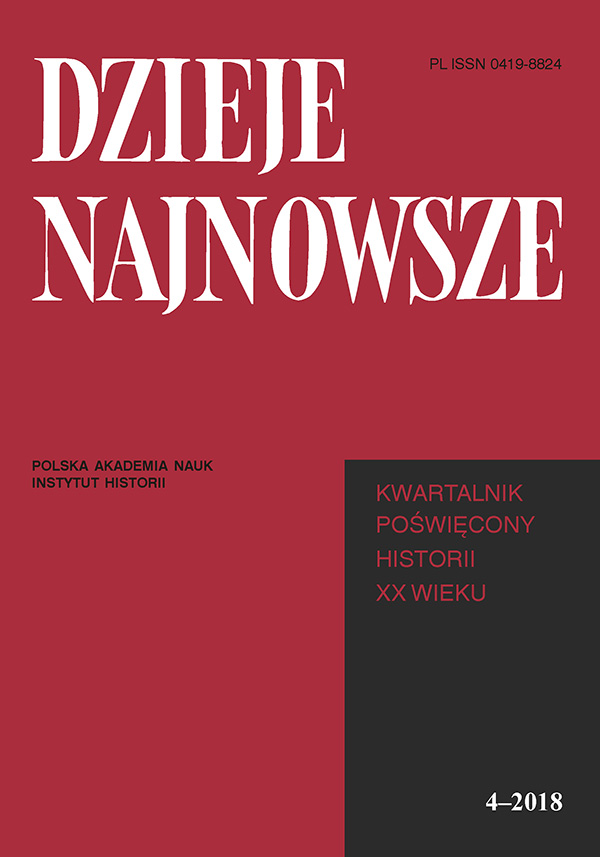
We kindly inform you that, as long as the subject affiliation of our 300.000+ articles is in progress, you might get unsufficient or no results on your third level or second level search. In this case, please broaden your search criteria.

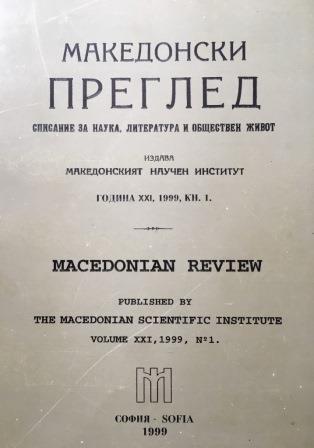


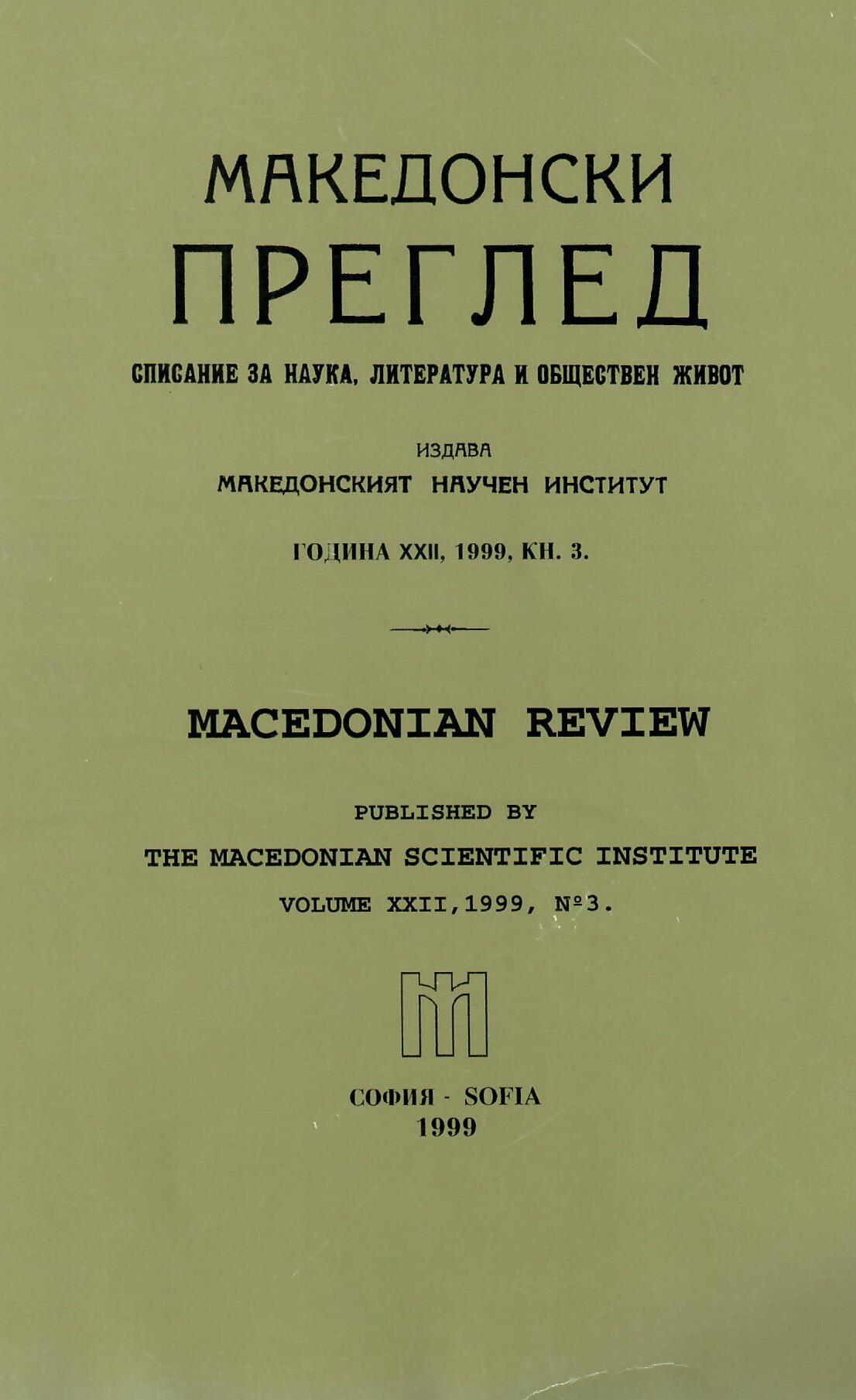

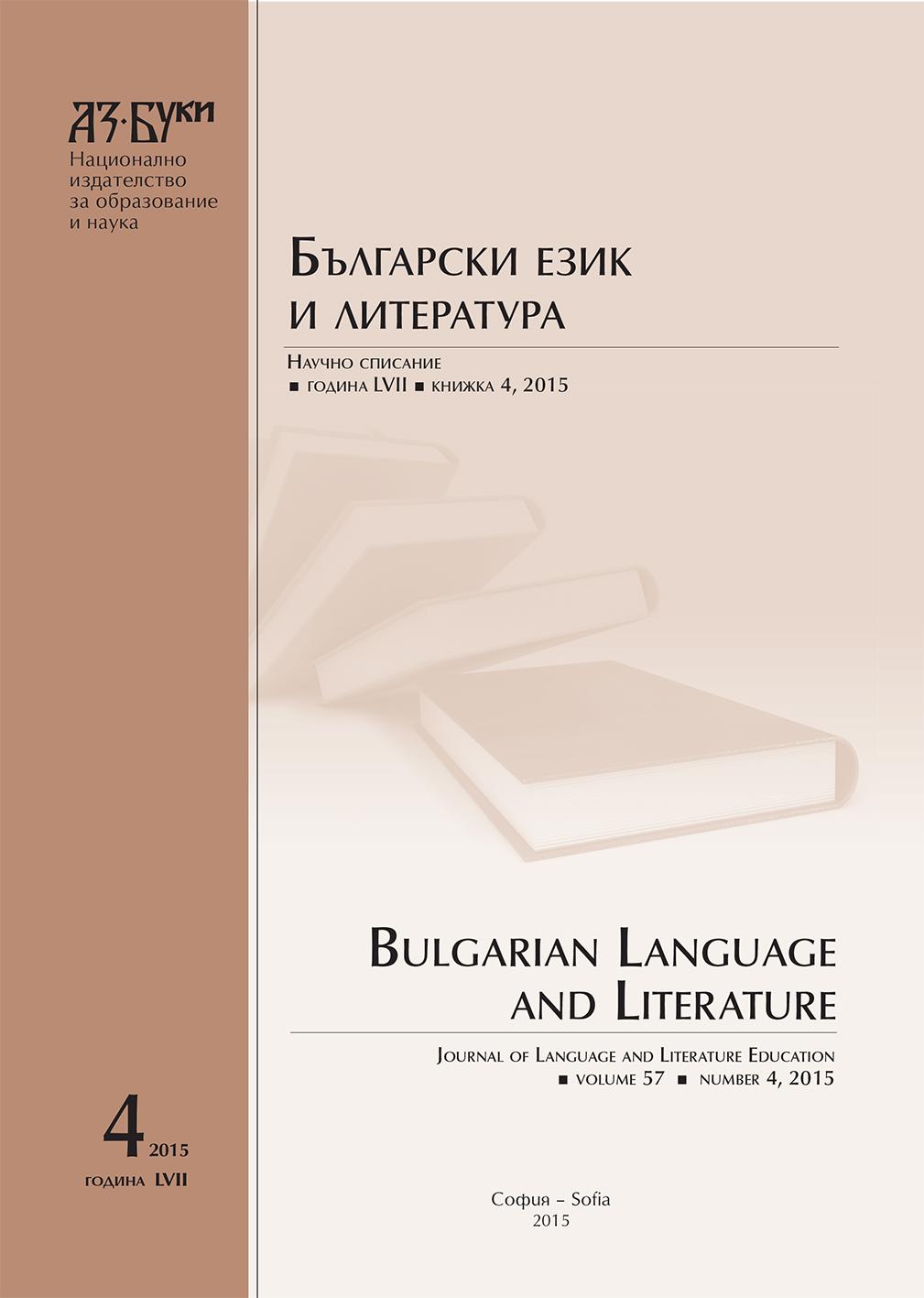
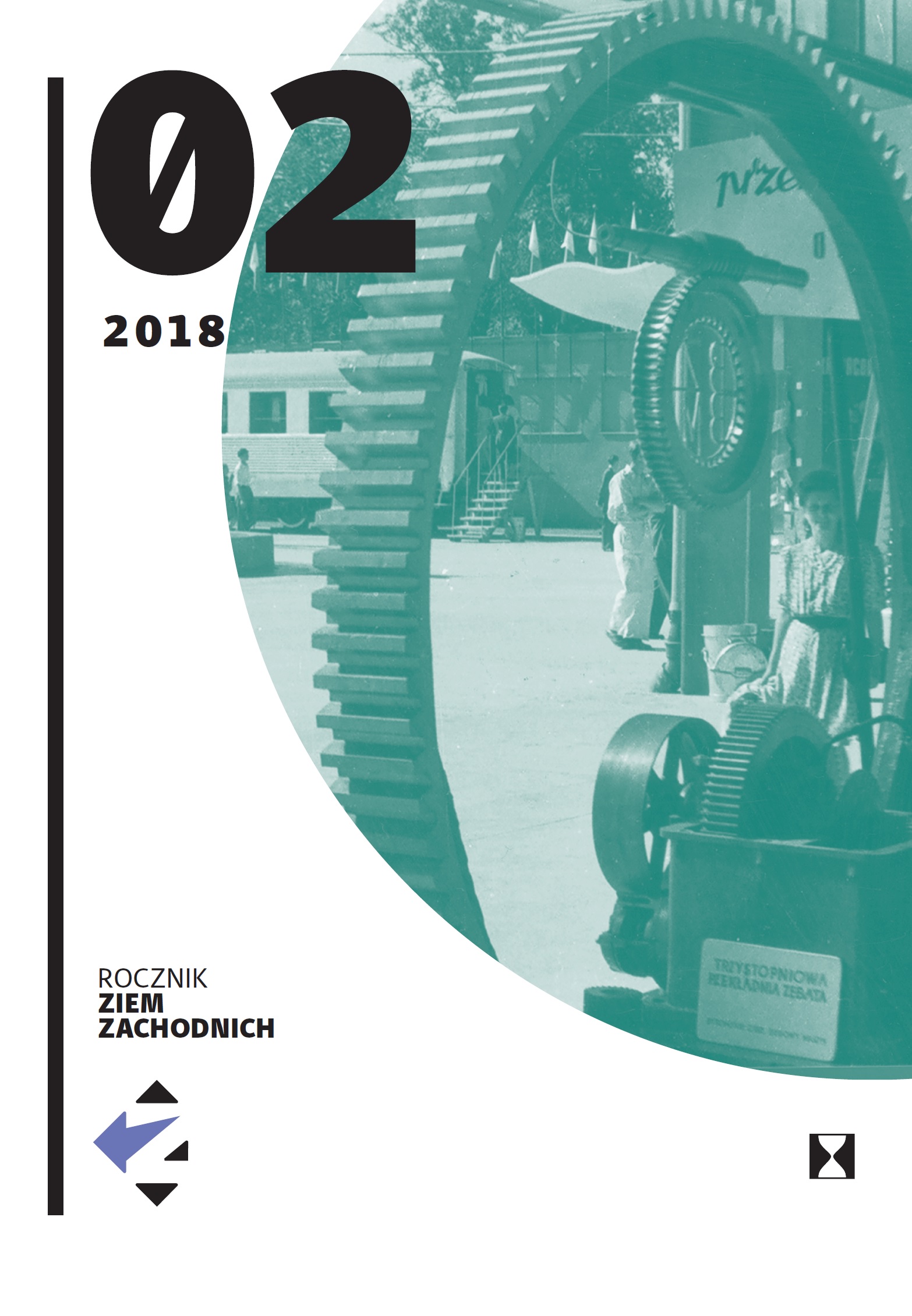

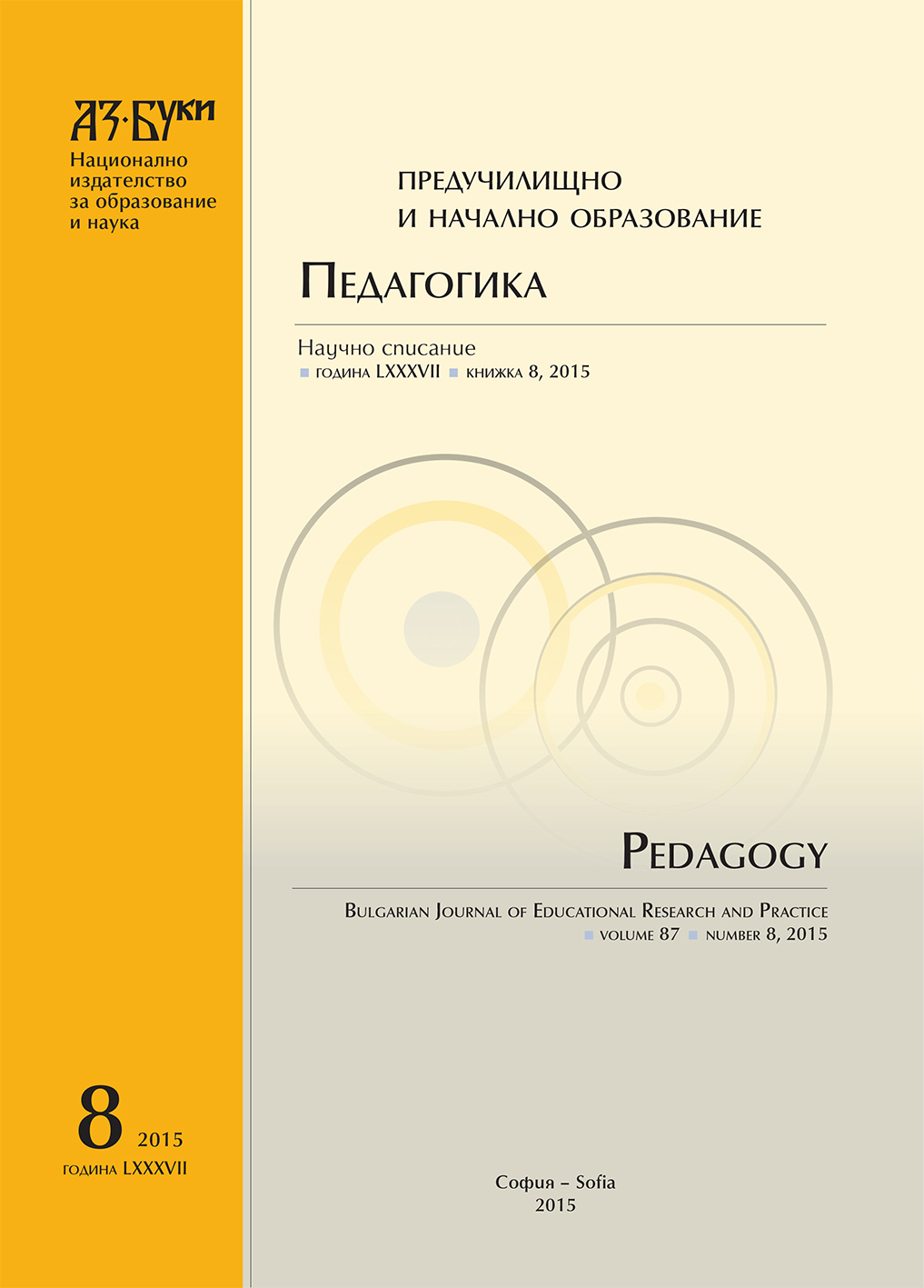
The publication examines the process of establishing a university in Ruse and the stages of its historical development over the past 70 years.
More...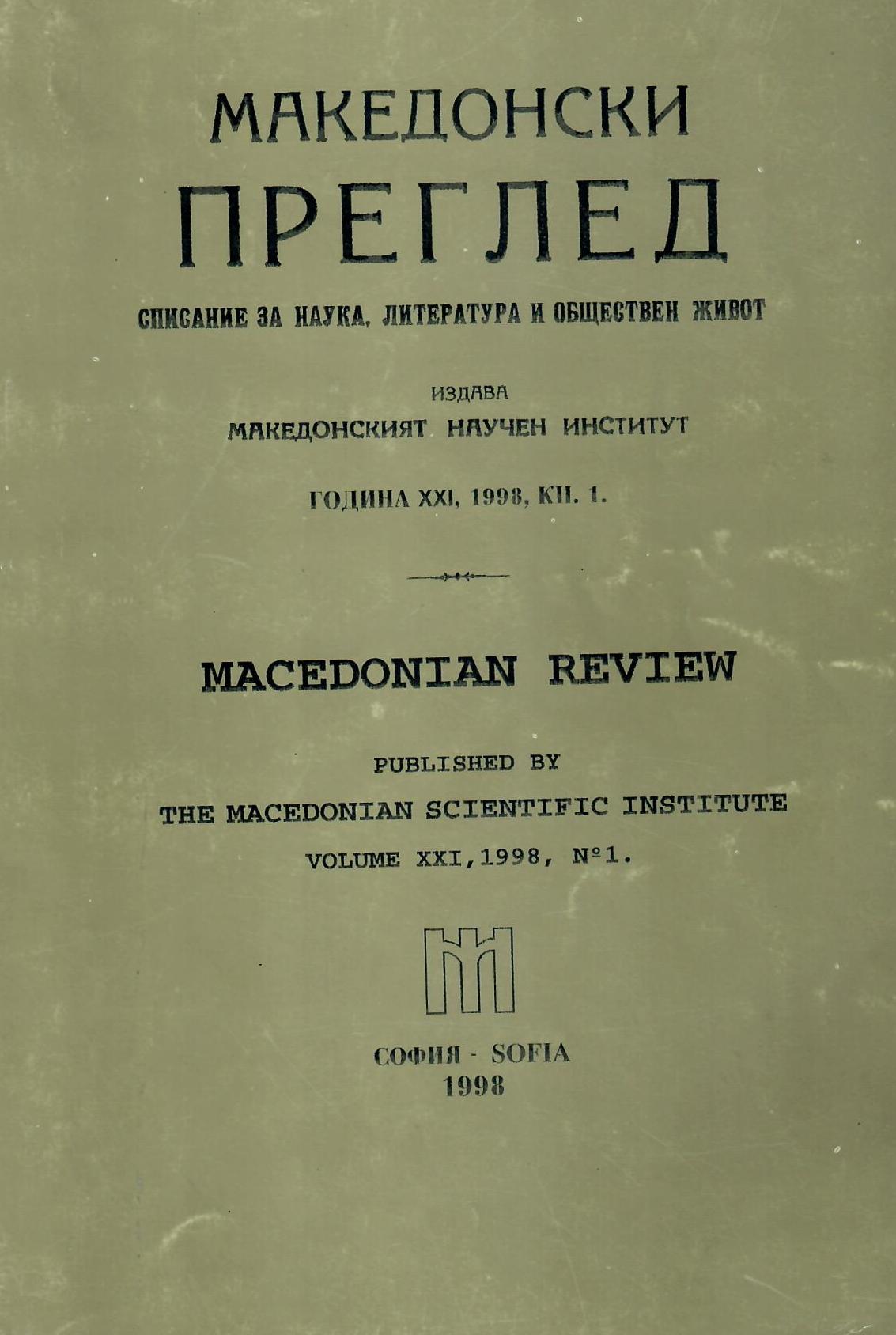

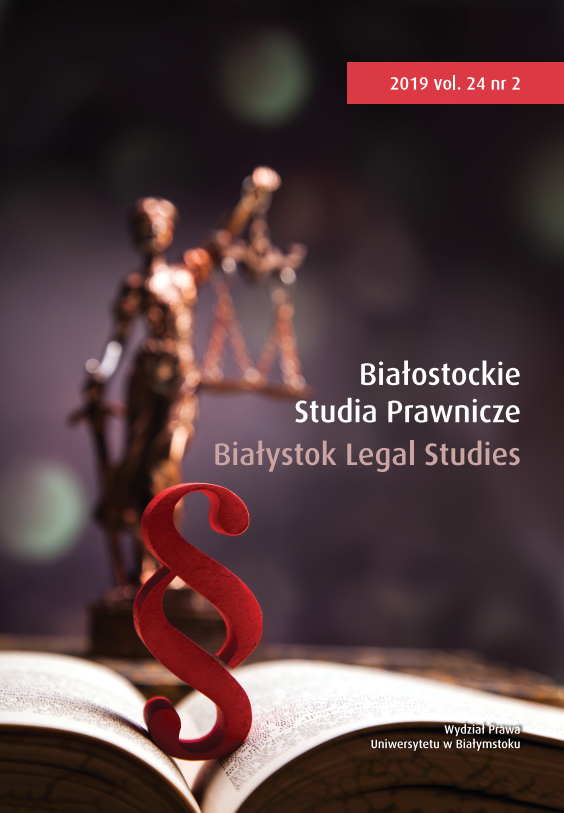
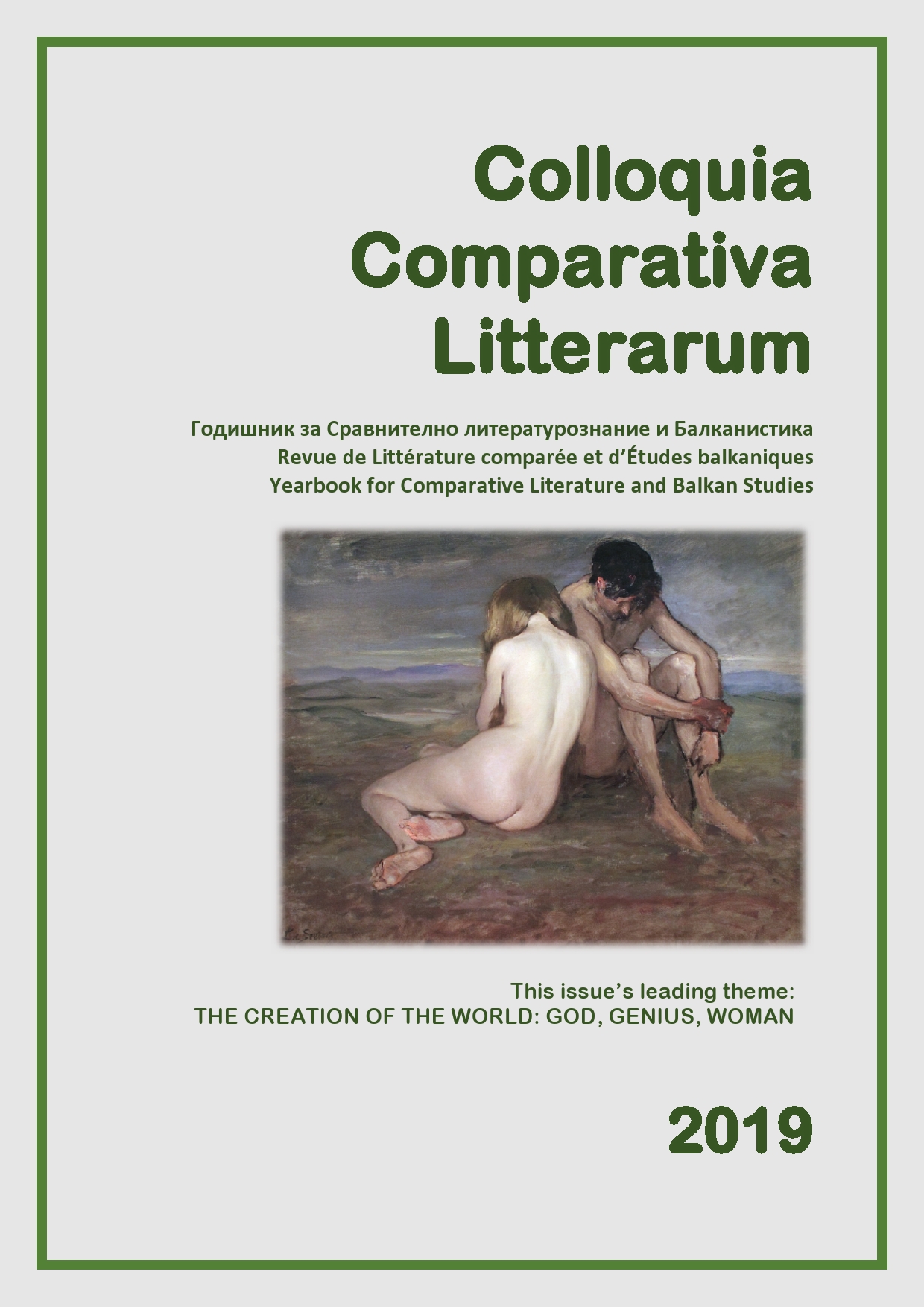
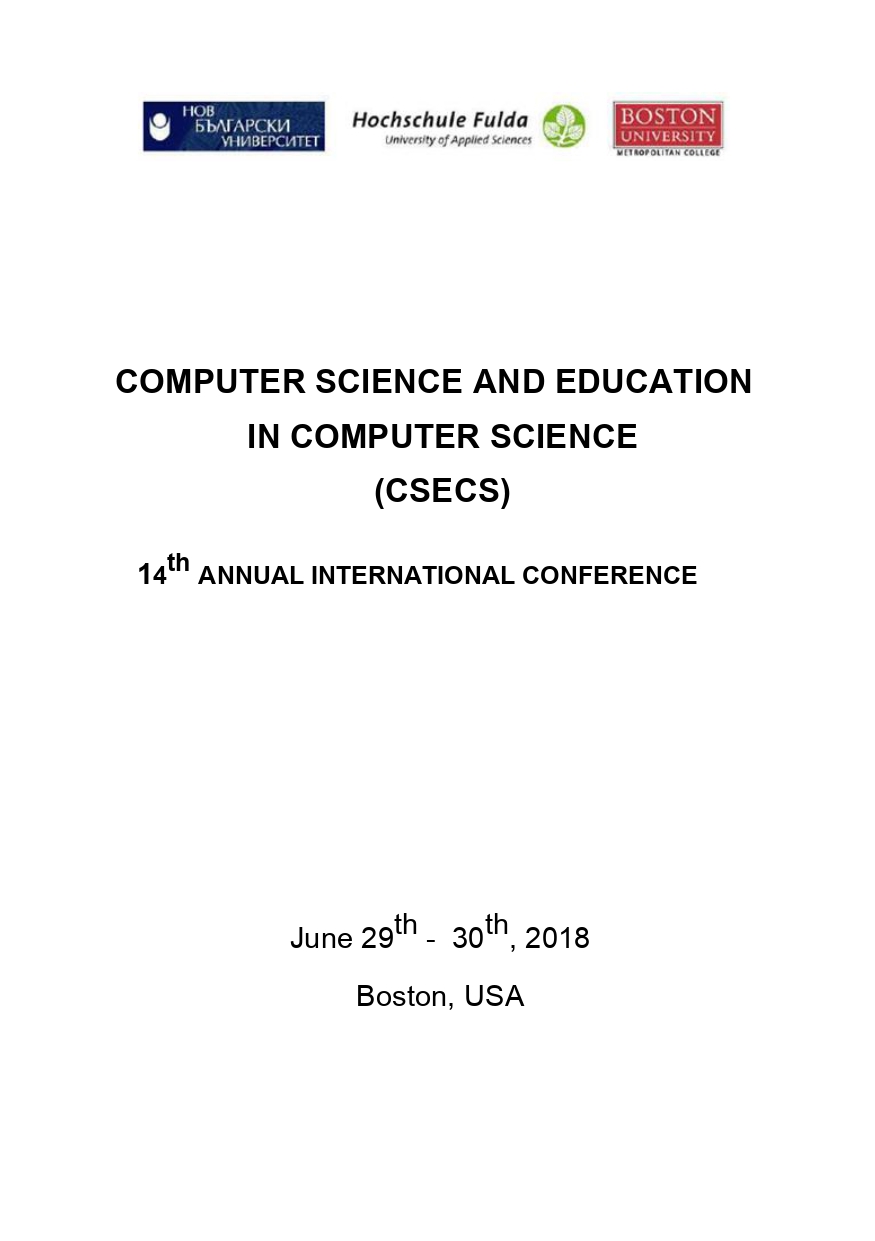
The main problem of coding theory for four dimensional codes over the field with five elements is solved for all but three values of d: d=81,161,162. In this talk we announce the nonexistence of linear codes over GF(5) with parameters [204,4,162]. This problem is tackled from its geometric side. The existence of a code with these parameters is equivalent to that of a (204,42)-arc in PG(3,5). In order to rule out the existence of such arcs we consider a special dual arc which exhibits very strong divisibility properties. We prove that such an arc must have a hyperplane without 0-points which in turn implies the extendability of every (204,42)-arc to an arc with parameters (205,42). The nonexistence of the latter rules out the existence of (204,42)-arcs in PG(3,5). This result implies the exact value n5(4,162)=205, where nq(k,d) denotes the shortest length of a linear code of fixed dimension k and fixed minimum distance d over the field with q elements.
More...
The paper presents an approach to teaching Mathematics at university level using the computer system for symbolic manipulations Wolfram Mathematica. It gives an environment for fast calculations, visualization of properties, and explorations leading to the hypotheses. These way students participate actively in constructing their knowledge, obtain deeper understanding and they are able to apply their knowledge and skills for solving problems. We illustrate the approach on the topic Ellipse and demonstrate how it facilitates the understanding of the main concepts.
More...
Foreign direct investments (FDIs) are considered an important driver of host countries economic growth, as they provide stable inflow of foreign capital, know-how and technology. FDI determinants have been studied extensively over the past decades and often identified among the different economic, regulatory and stability indicators of the host country. Studying FDI flows has not-trivial challenges too, because of the increased complexity of the multinational enterprises organizational structures and the difficulty this causes when compiling national FDI statistics. The purpose of this work is to study a large set of countries economic, governance and geopolitical indicators with regard to their correlation to the FDI net inflows, while taking into consideration the challenges suggested in the literature. Besides the detailed analysis of the correlations by indicator topic and countries income categories, the main contribution of this work is compilation of a set of geopolitical indicators from the world’s largest events database, GDELT, and correlating them to the FDI net inflows statistics.
More...
In previous works we presented conceptual model of software understandability, based on the notion that all software are systems and the understanding of code is related to their structure and not only the sum of their code. We further this work by extending the system to include its observer and propose software system readability metrics based on a model of the observer and the software system using graph theory and information theory.
More...
In previous works he defined the notions of intellectual aesthetic and proposed an ordinal measure of the aesthetic of function. We further this work in order to clarify the relationships between aesthetics and readability on both code and system level and to define aesthetics of code (previously we defined the aesthetics of functionality). We analyze the main drives behind the evolution of C languages, one of which is the aesthetic motive, at the expense of readability.
More...
The world we live in is characterized by certain dynamism and vitality, effortlessly recognizable by all the happenings around us. The organizations that make business in such environment, should endeavor to become effective and efficient; and at the same time to be profitable. There is methodology that helps those organizations eager to achieve such uneasy task (to have better services and products); often the same has been referred to the Swiss Army knife of process improvement; this is Six Sigma. The article below is presenting a project that has been conducted by following the DMAIC trail of Six Sigma; the project itself managed an improvement of 37% of the test design process. For the Six Sigma statistics during the project it has been used the R programing language. Only results from the executed code will be presented in the article to follow.
More...